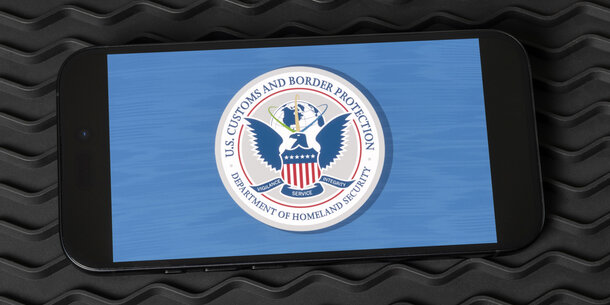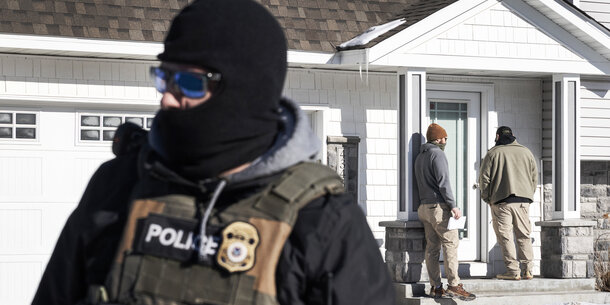On June 3, 2021, the Brennan Center for Justice joined more than 40 other civil society organizations to release a statement highlighting six major civil rights concerns regarding law enforcement use of face recognition technology.
The coalition urges policymakers to act now to protect the public from face recognition technology, adding that a ban or moratorium on law enforcement use of face recognition is the most effective way at this stage to address all of these concerns.
This statement comes ahead of the one-year anniversary of IBM, Amazon, and Microsoft’s pause on sales of face recognition technology to law enforcement in response to last summer’s protests and increased public attention on policing’s disproportionate harms against Black and Brown people. While a growing number of states and localities have taken action to halt or rein in the use of face recognition, especially over the past year, Congress has been slow to act to address the harms of the technology.
Meanwhile, across the country, local, state, and federal law enforcement and immigration agencies are already using face recognition systems to identify, track, and target individuals—in secret and without authorization, or any safeguards. This technology dramatically expands law enforcement’s power and poses severe threats to everyone’s safety, wellbeing, and freedoms of expression and association—but especially those of Black and Brown communities, Muslim communities, immigrant communities, Indigenous communities, and other people marginalized and targeted by policing.
In its statement, the coalition outlines six civil rights concerns:
- Regardless of technical accuracy, law enforcement use of face recognition systems could exacerbate the harms of policing in communities that are already disproportionately targeted by the police.
- Law enforcement use of face recognition threatens individual and community privacy by allowing invasive and persistent tracking and targeting.
- Law enforcement use of face recognition can chill First Amendment-protected activities.
- Law enforcement use of face recognition can easily violate due process rights and otherwise infringe upon procedural justice.
- Face recognition systems used by law enforcement often rely on images that have been obtained without consent.
- In addition to racial bias in how law enforcement uses face recognition, the technology itself poses disproportionate risks of misidentification for Black, Asian, and Indigenous people.
Rachel Levinson-Waldman, deputy director of the Brennan Center’s Liberty and National Security Program and an expert on surveillance technology, said: “The unfettered use of face recognition technology by law enforcement poses urgent threats to democracy; when anyone can be identified at any time, constitutional protections for assembly and association become paper thin. In the absence of robust restrictions and effective oversight, a moratorium is the most effective way of ensuring that these powerful tools are kept in check.”

